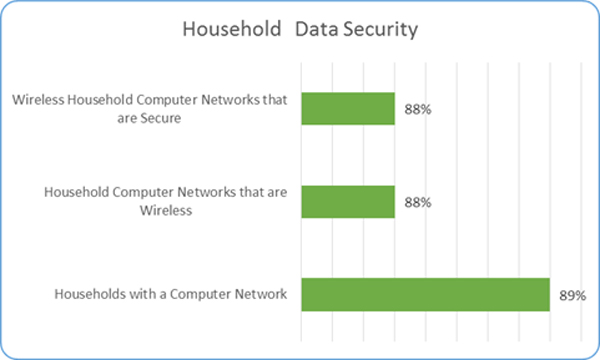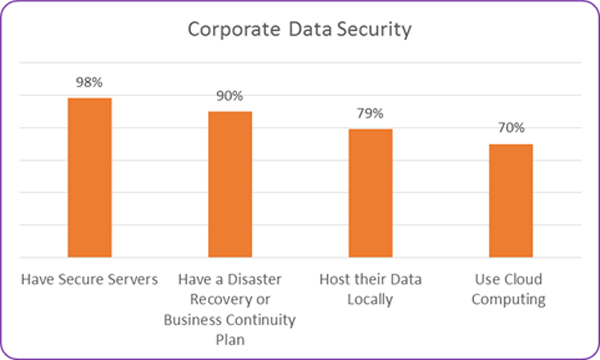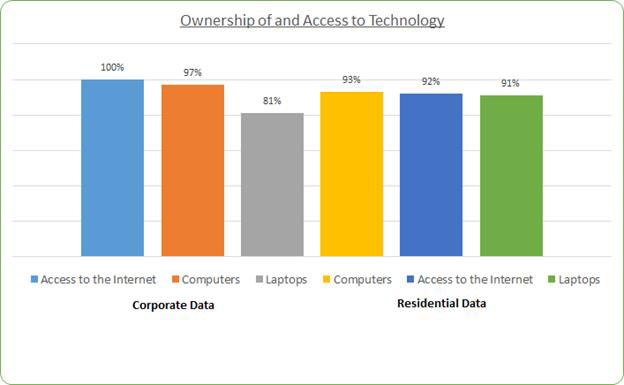Report On State Of ICT In Bermuda 2016
Minister of Economic Development Dr Grant Gibbons has released a report entitled State of ICT in Bermuda 2016.
The biennial research is undertaken by the Department of ICT Policy and Innovation to assess the prevalence of Information Communications Technology [ICT] in Bermuda from 3 perspectives: infrastructure, usage, and skills.
“Bermuda’s success and her ability to remain competitive are greatly assisted by the strength of her digital infrastructure,” said Minister Gibbons.
“The results of the report confirm that Bermuda residents and Bermuda-based companies continue to be well-connected, acquire technology in ever-increasing numbers, and use it effectively in most areas of everyday life.”
Indeed, it confirms that technology is a fundamental part of our lives. Its use drives and facilitates much of what Bermuda residents and Bermuda-based organisations do on a daily basis at school, at work, and at home.
“We undertake this research regularly to better capture the reach of technology throughout the different sections of our community,” noted Dr. Marisa Stones, Director of ICT Policy and Innovation.
“Individuals and organisations use it, and we benchmark the data in order to inform government policies and initiatives.”
Key findings of the 2016 survey include:
“The State of ICT in Bermuda informs policy direction, development and programmes. To illustrate, the regular benchmarking has resulted in the Department of ICT Policy and Innovation supporting or strengthening programmes such as Cybertips.bm, the Technology Leadership Forum, TechAwards, and TechTalks,” the Ministry said.
“In addition, the data supports the country’s marketing efforts to attract foreign investment. Since foreign investment decisions are based on the complete package that a jurisdiction has to offer. Bermuda is an “e-ready” domicile and that is considered an advantage.”
The full State of ICT in Bermuda 2016 report is below [PDF here]
Read More About
Category: All, Business, News, technology






However the cost of internet service is too high for residents and businesses.
Agreed. Though in fairness, One’s transition to fibrewire for no additional cost relative to cable / access is at least giving us more value for money.
Reliable and cost-efficient internet service at the residential level appears to still be a challenge.
Also, when talking about ICT at the school level, it also seems that public schools lag significantly behind their private school equivalents.
The report suggests that 25% of businesses don’t have a website of any form. Curious to know if, of those 25%, how many have a social media presence, and if they don’t, what’s the driving factor behind the decision?